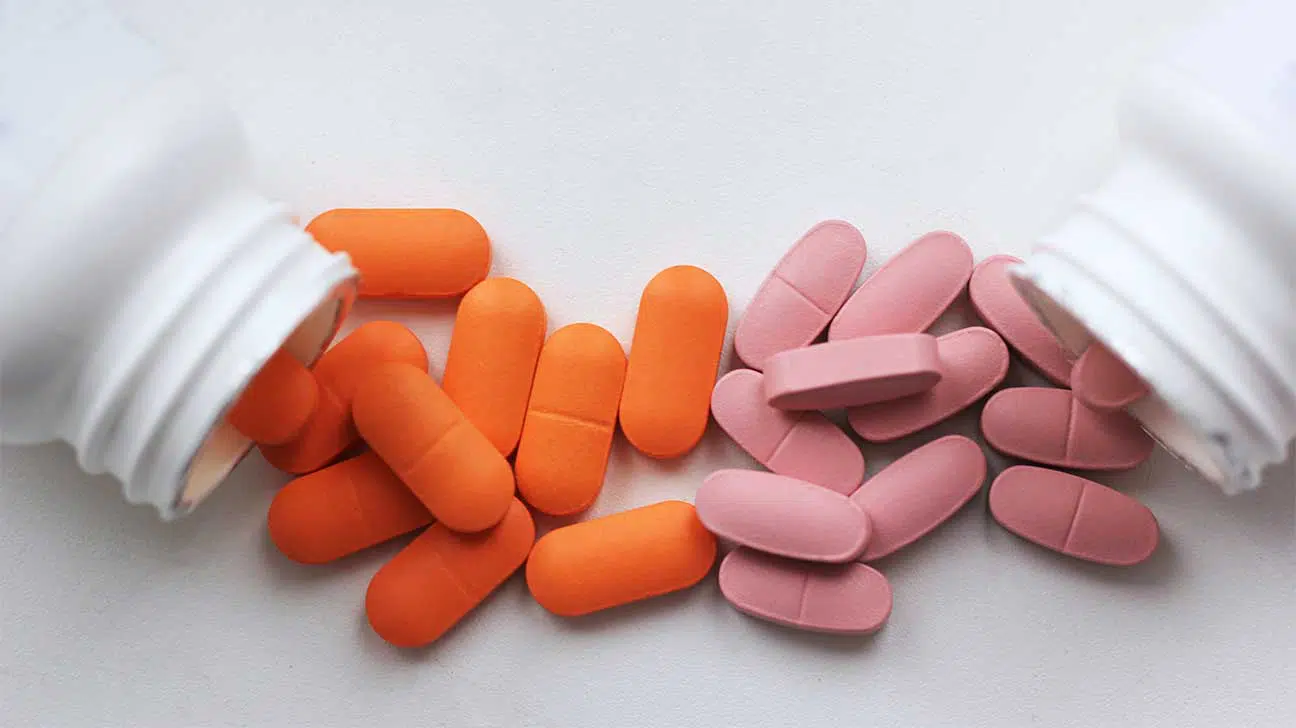
Benzodiazepines, also known as “benzos,” are a class of prescription depressants. They work in the body by depressing central nervous system activity, which can cause relaxation and drowsiness.
Mixing benzodiazepines with stimulant drugs, such as cocaine or amphetamine, can be dangerous. It can also be a sign of drug abuse or addiction, which may require treatment.
Find Out More About Mixing Depressants With Stimulants
What Happens When You Mix Benzodiazepines And Stimulants?
Benzodiazepines are prescription tranquilizers that have sedating effects. These can counteract the stimulating effects of drugs such as cocaine, meth, or prescription stimulants like Adderall.
No clinical safety guidelines have been developed for the use of benzodiazepines and stimulants. Taken in any way other than prescribed by a physician, mixing the two may have negative side effects.
Mixing benzodiazepines with stimulants might cause:
- dizziness
- irregular heartbeat
- reduced effectiveness of prescription stimulants
- disorientation
- unusual changes in breathing
Stimulant drugs should not be taken with other drugs, including alcohol, unless recommended by a prescribing physician. This can have serious side effects, particularly in high doses.
Dangers Of Mixing Benzodiazepines And Stimulants
Taking multiple drugs in any way other than prescribed by a doctor can lead to potentially serious health risks and side effects.
Some of these effects include:
- drug overdose
- increased risk for addiction
- heart problems
- increased risk for falls, injuries, and accidents
Overdose After Taking Stimulants With Benzodiazepines
Benzodiazepine drugs are rarely fatal on their own, but can become deadly if mixed with other drugs in high doses. Overdose can occur after taking high doses of one or more drugs.
Signs of overdose involving benzodiazepines and stimulants might include:
- difficulty breathing
- shortness of breath
- heart palpitations
- vomiting
- rapid or weak pulse
- mental confusion
- heart attack
- falling unconscious
If someone has collapsed or stopped breathing after taking multiple drugs, call for emergency medical assistance right away. These symptoms can be life-threatening.
Mixing Benzodiazepines And Cocaine
Benzodiazepines may be taken to counteract stimulant effects of cocaine, such as insomnia, or to self-medicate cocaine withdrawal symptoms.
Mixing cocaine and benzodiazepines can be dangerous. This can have harmful effects on heart function, worsen mental health issues, and can be a risk factor for drug overdose.
Find Out More About Mixing Benzos With Cocaine
Mixing Benzodiazepines And Meth
Methamphetamine, or meth, is a powerful stimulant.
Like with cocaine, benzodiazepines may be used by a person to counteract the side effects of meth or to self-medicate feelings of restlessness or agitation that can accompany meth withdrawal.
Mixing benzodiazepines and meth is not recommended. This can have potentially lethal consequences, including heart attack, stroke, and stopped breathing.
Read more about mixing Xanax and meth
Mixing Benzodiazepines And Amphetamines
Amphetamines are a type of stimulant. When prescribed, amphetamine is generally sold under the brand name Adderall, for the treatment of ADHD.
Mixing prescription amphetamine with benzodiazepines can be dangerous if taken in any way other than directed.
Snorting, injecting, or taking high doses of these drugs together can risk serious health effects, including abnormal heart rhythm, seizures, and coma. Taking amphetamines other than prescribed can also lead to an increased tolerance to amphetamines.
Common benzo and amphetamine combinations:
Why Do People Mix Benzos And Stimulants?
Polydrug use is common among people with a history of substance abuse.
Reasons why someone might mix benzos with stimulants:
- to enhance euphoric effects
- to counteract the effects of stimulants (e.g. insomnia)
- to relieve drug withdrawal symptoms
- to boost energy after taking a benzodiazepine
- to experiment with recreational drug use
Generally, the primary reason these drugs are used together is to counteract, or negate, the effects of one drug or the other.
Mixing these drugs can counteract any medicinal effects they may have and can risk serious health dangers, including drug overdose and drug addiction.
Find Treatment For Polysubstance Abuse
Mixing benzos with stimulants is a sign of polydrug abuse. If you or someone you know is mixing drugs to get high or counteract drug effects, seeking treatment is highly recommended.
Treatment for polysubstance abuse may involve:
- detoxification
- individual behavioral therapy
- mental health counseling
- support groups
- holistic therapies
- relapse prevention planning
Overcoming a prescription drug problem is possible with the right treatment program.
Call our helpline today to learn more about prescription drug abuse, and to find a treatment program that’s right for you.
Addiction Resource aims to provide only the most current, accurate information in regards to addiction and addiction treatment, which means we only reference the most credible sources available.
These include peer-reviewed journals, government entities and academic institutions, and leaders in addiction healthcare and advocacy. Learn more about how we safeguard our content by viewing our editorial policy.
- ScienceDirect—Dual intoxication with diazepam and amphetamine: This drug interaction probably potentiates myocardial ischemia
https://www.sciencedirect.com/science/article/abs/pii/S0306987707000278 - U.S. National Institute on Drug Abuse (NIDA)—Prescription Stimulants DrugFacts
https://www.drugabuse.gov/publications/drugfacts/prescription-stimulants - U.S. National Institute on Drug Abuse (NIDA)—What classes of prescription drugs are commonly misused?
https://www.drugabuse.gov/publications/research-reports/misuse-prescription-drugs/what-classes-prescription-drugs-are-commonly-misused - U.S. National Library of Medicine—Benzodiazepine use, misuse, and abuse: A review
https://www.ncbi.nlm.nih.gov/pmc/articles/PMC6007645/


